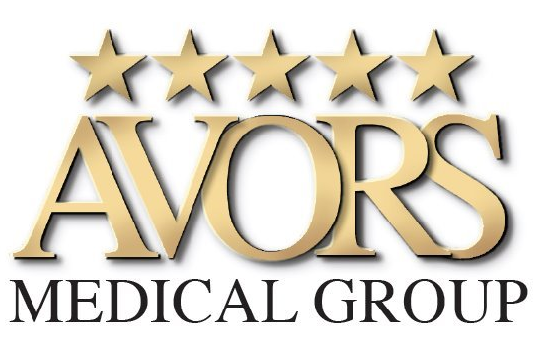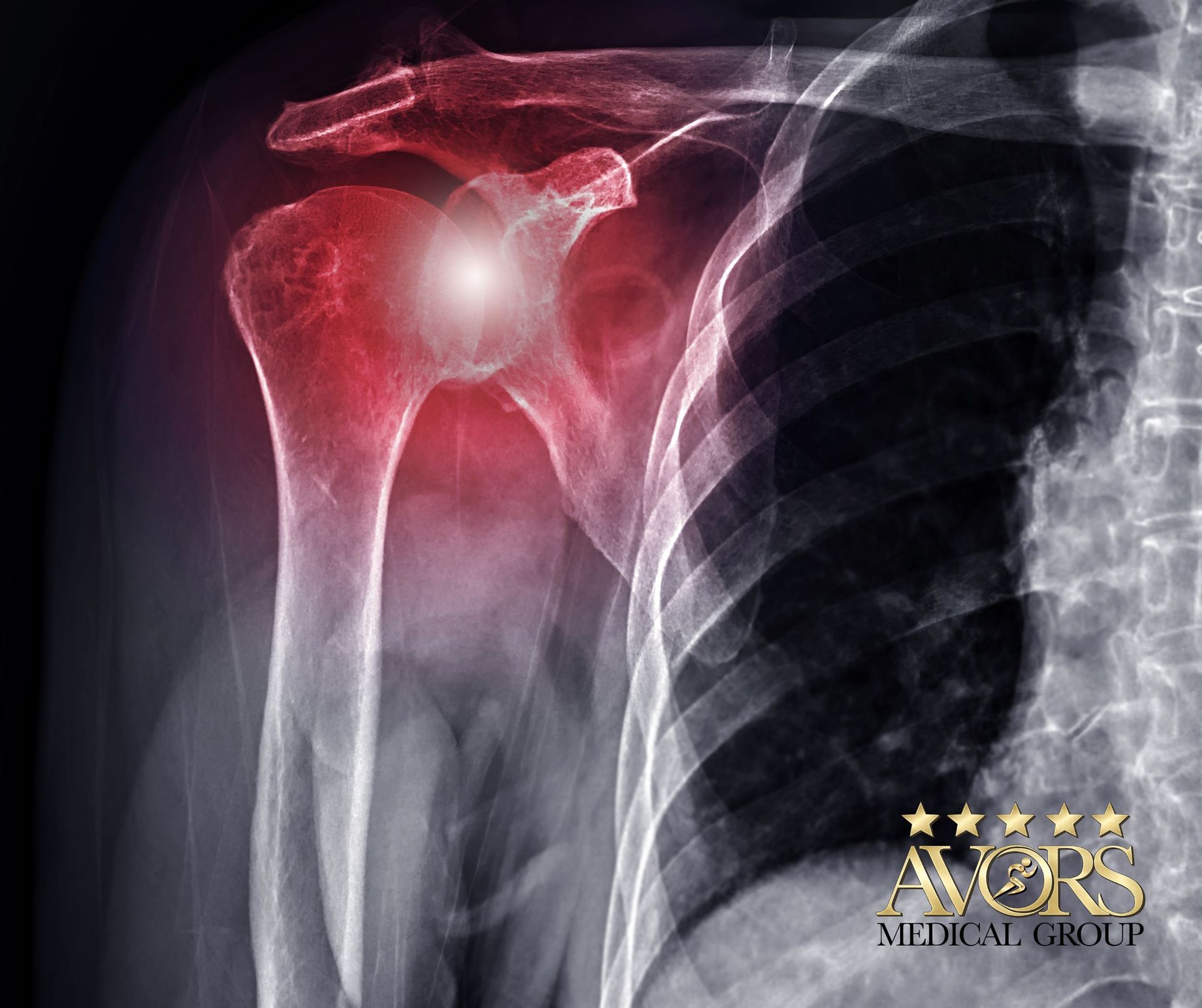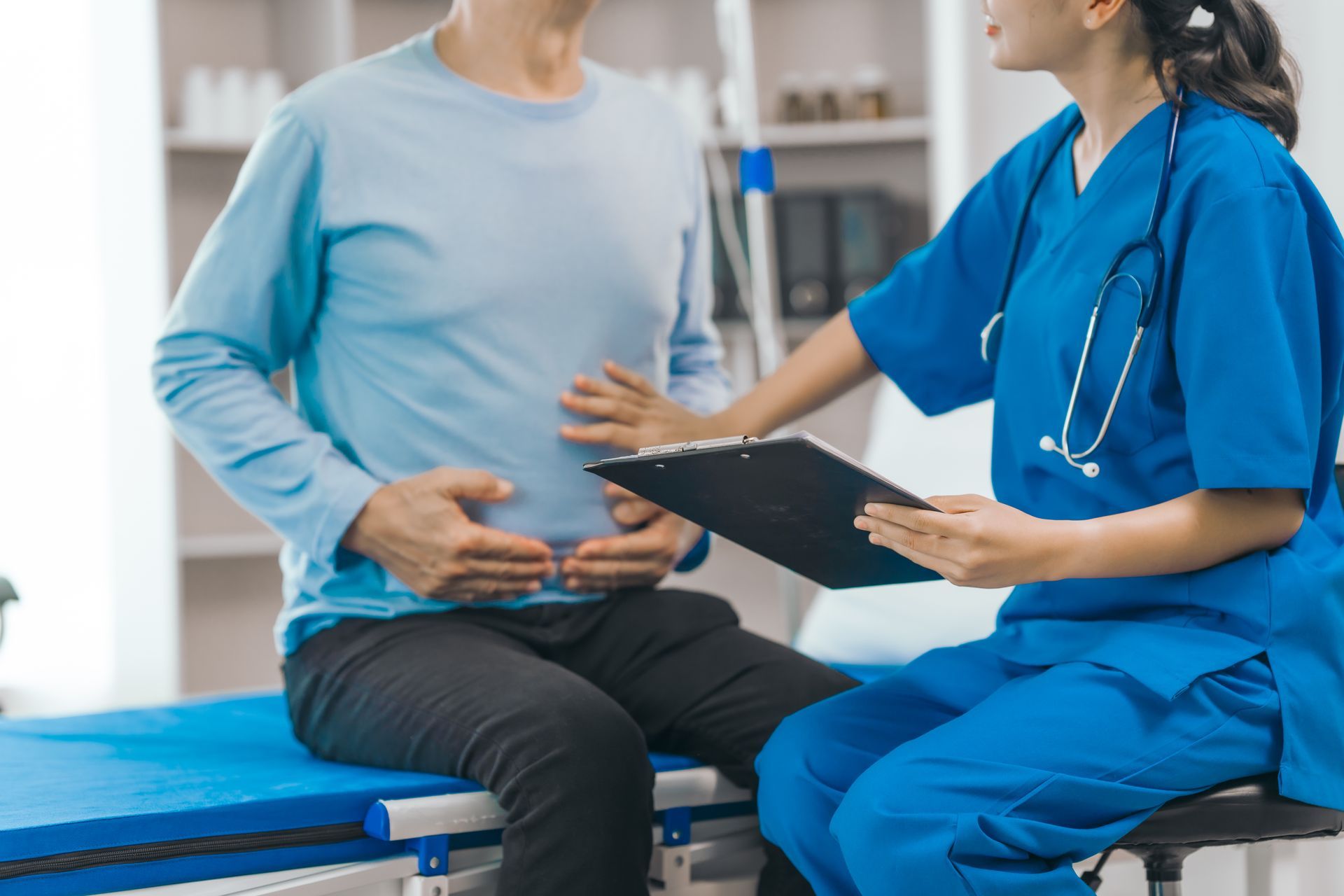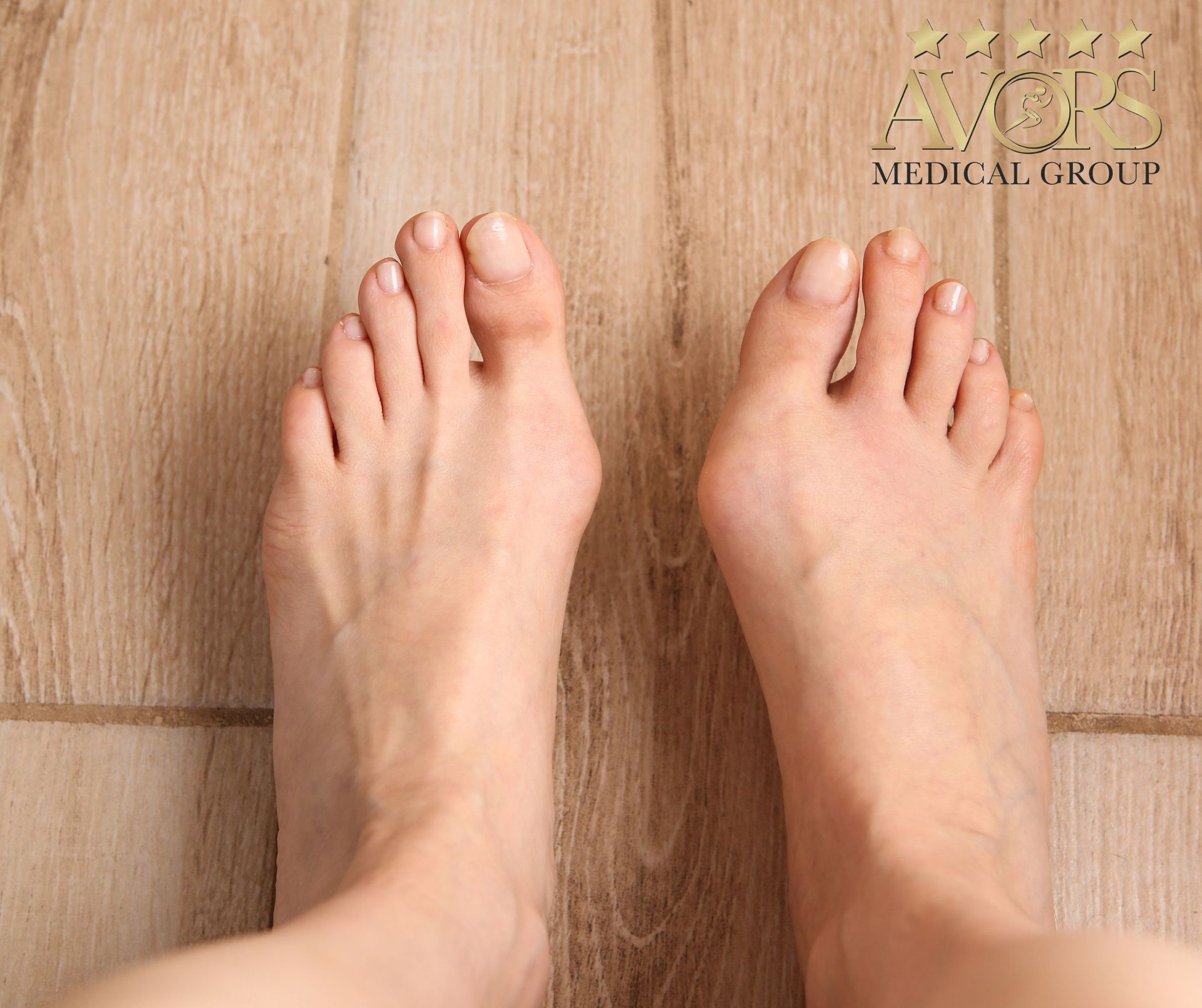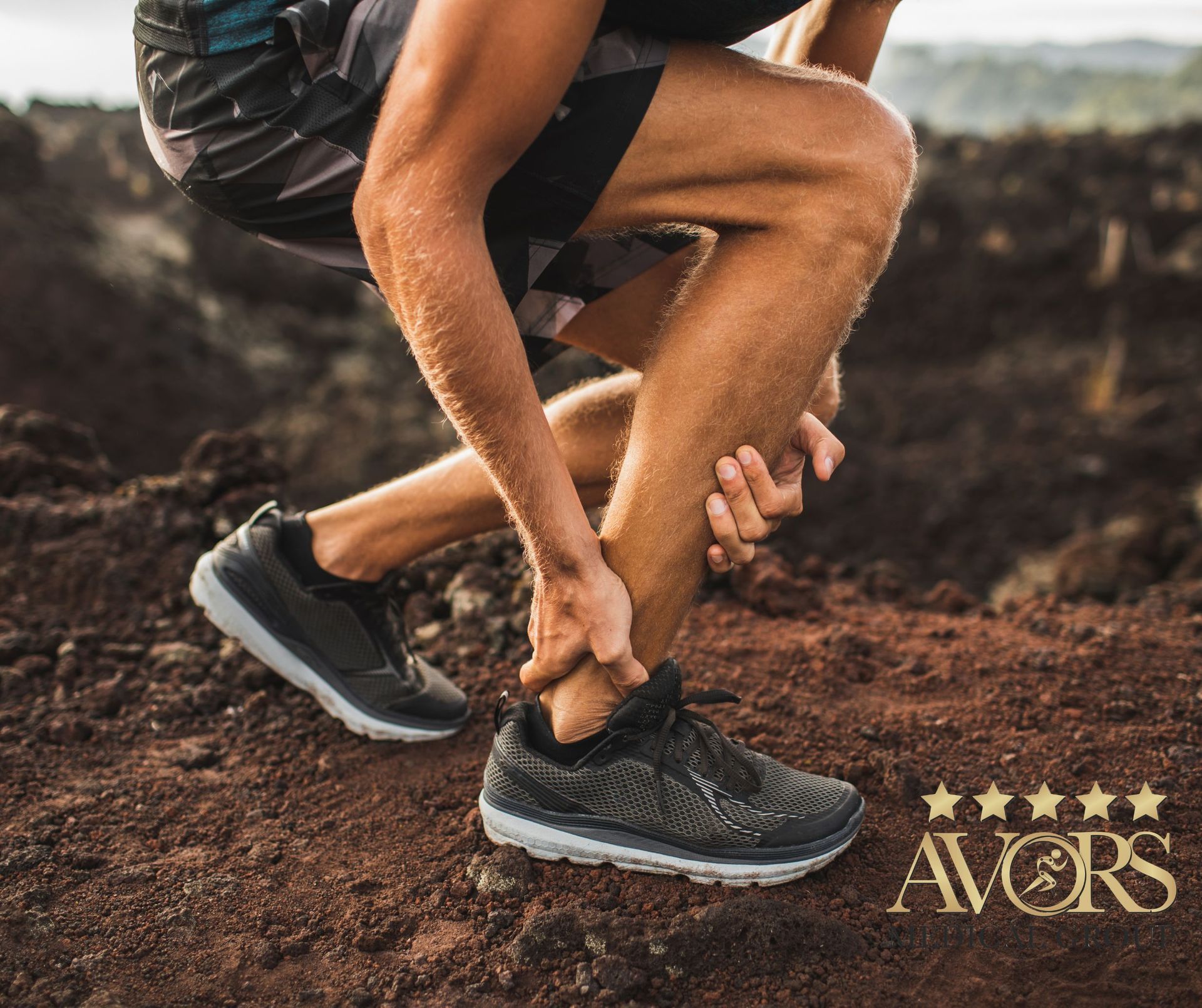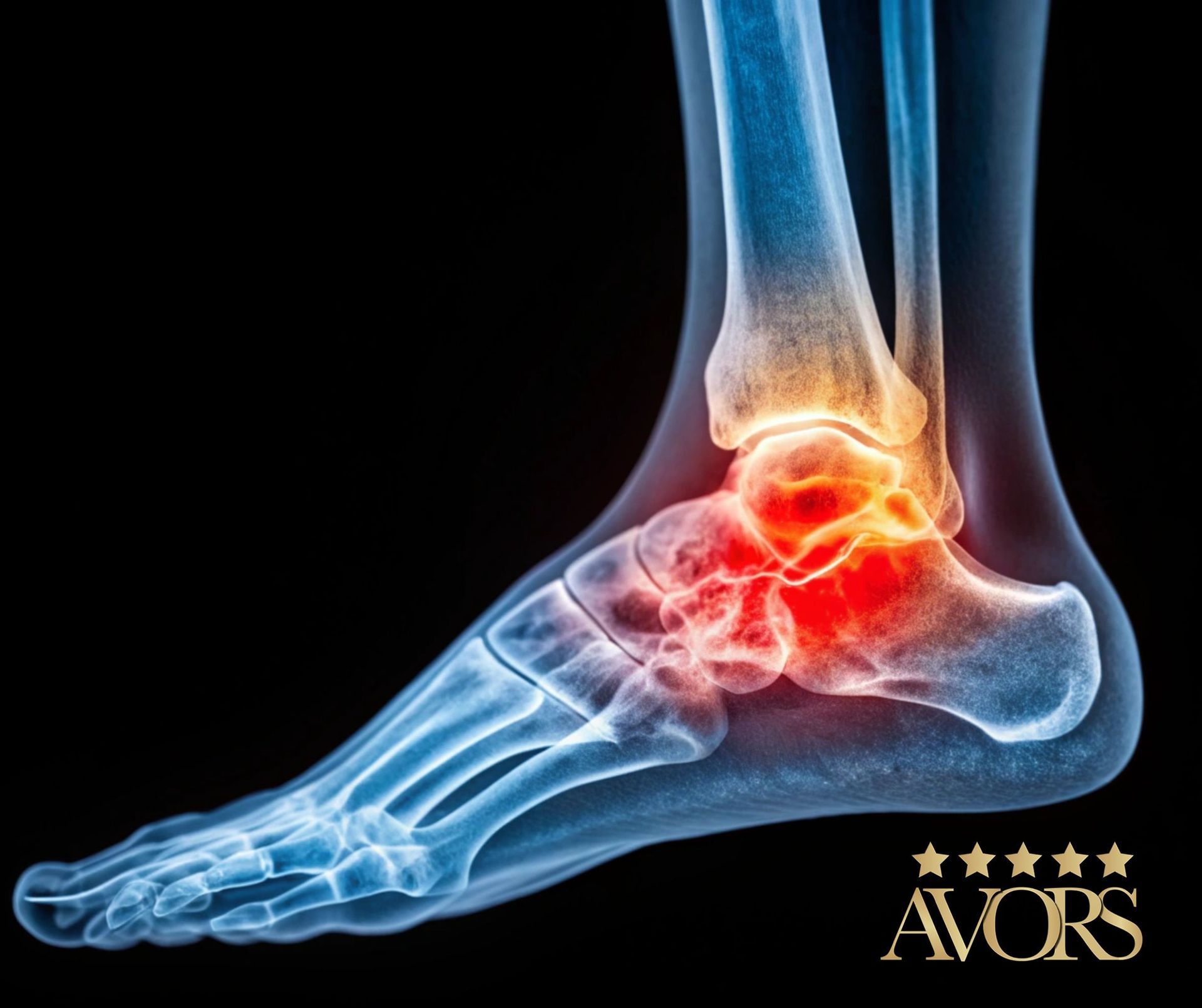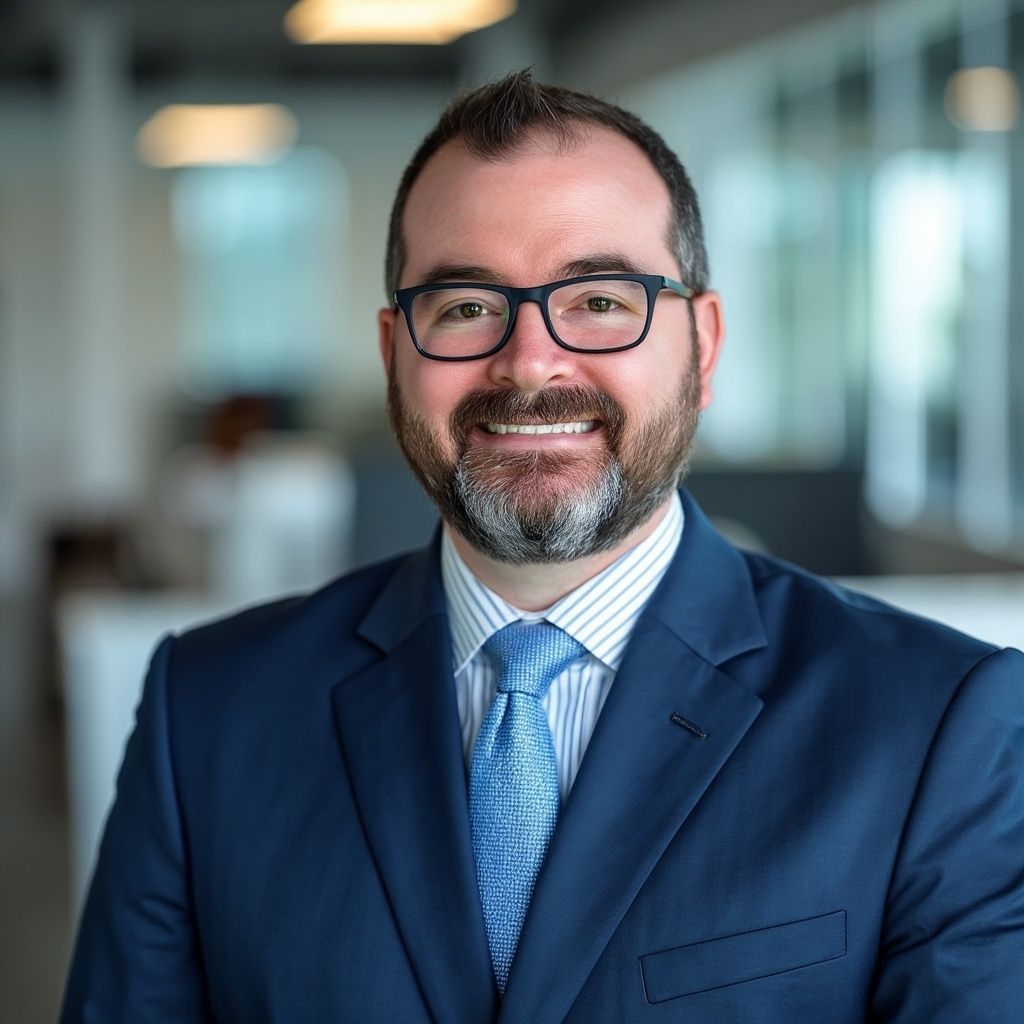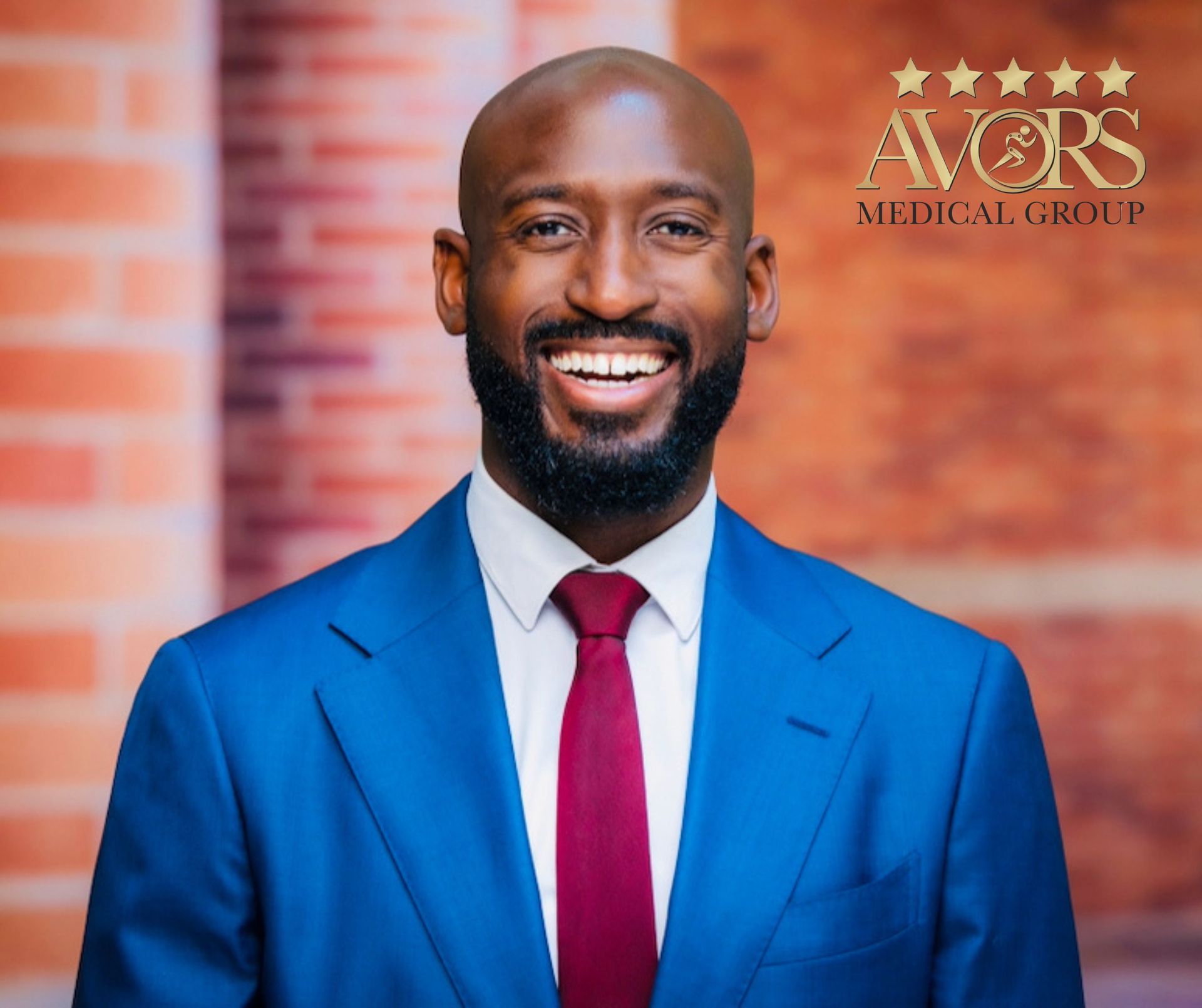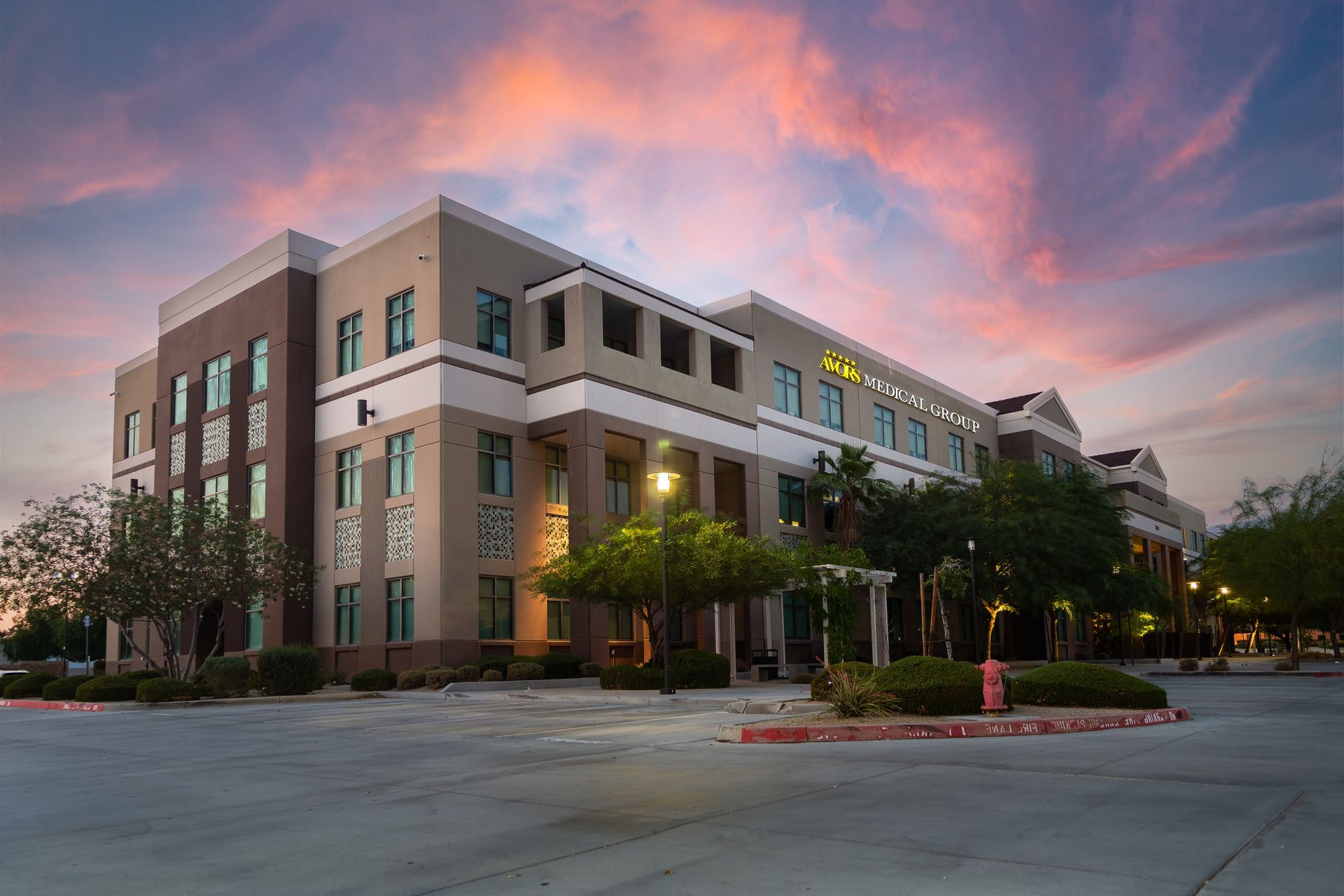Rotator Cuff Repair in Lancaster, CA
Dr. Justin Sherfey, DO D.O. FAAOS, Fellowship Trained in Adult Reconstruction and Joint Replacement, Orthopedic Surgeon, discusses Rotator Cuff Repair.
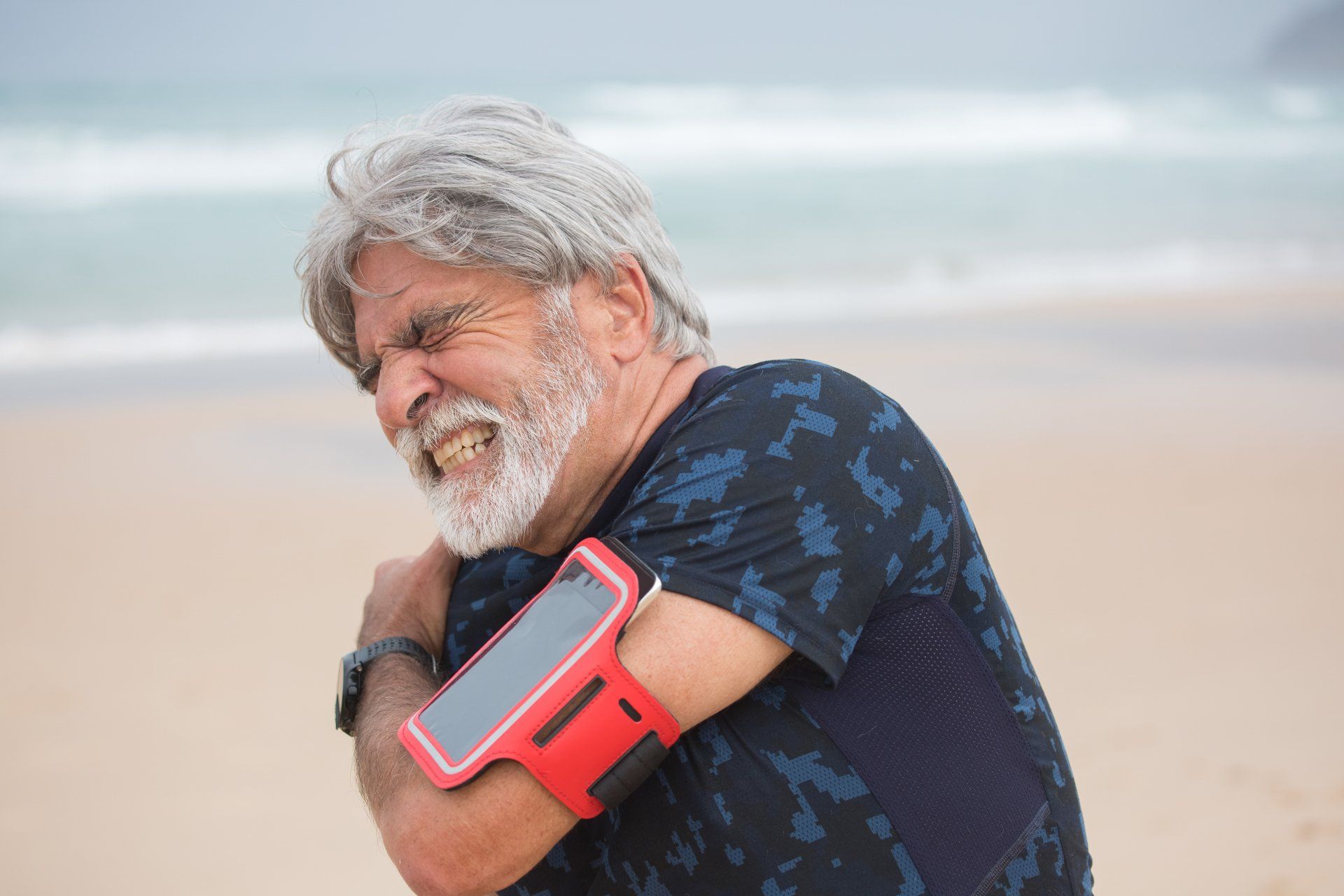
What are Rotator Cuff Muscles?
The shoulder is the most mobile joint of the body. Your shoulders are made up of three bones, including the scapula, humerus, and clavicle, which come together in a ball-and socket joint. When functioning as they should, they provide your arms with a great range of motion. Whether surfing in the ocean, rock climbing in Joshua Tree National park, rocking a baby, or simply picking up a cup of coffee, your shoulders allow you to stretch, lift, and rotate your arms. The joint is held in place by the rotator cuff tendons and the soft tissue glenoid labrum. The rotator cuff tendons stabilize the shoulder and help it move. The rotator cuff muscles are those muscles that surround the shoulder joint. Their job is to provide the power to lift and rotate the arm. As one ages these muscles become thinner and are prone to rupture, sometimes with minimal trauma. Age and overuse can leave your shoulders more susceptible to issues like tendonitis and arthritis. Additionally, many sports put extreme force on the shoulders, making them vulnerable to injury.
What is a Rotator Cuff Tear?
A rotator cuff tear occurs when one or more of the rotator cuff tendons are torn. Tendon tears can be partial or complete. They are grouped into non-degenerative and degenerative categories. Unfortunately when the rotator cuff muscles tears completely they do not repair themselves. Leaving them unattended can lead to progression of the tear with progressive loss of motion and power. The longer a large tear is left, the bigger it gets and the more motion and power one loses. The surgical result is likely to be better with a smaller tear than a larger tear and thus the longer one leaves the tear unattended the less satisfactory the surgical result is likely to be. Typically patients get severe pain with elevation of the arm, discomfort at night and a restriction in motion and power. Eventually they may lose the majority of shoulder motion.
Non-operative management gives good results in smaller or partial tears providing the demand on the shoulder is not high. If, however, the tears are moderate to large or the functional deficit is significant then surgery is required.

Symptoms of rotator cuff tear may include:
- Pain
- Weakness
- Stiffness
- Swelling
- Bruising
- Decreased range of motion/inability to move the arm
When you arrive for your initial consultation, one of our team of shoulder specialists will evaluate your areas of concern, discuss your symptoms, and develop a customized and comprehensive treatment plan tailored to your unique needs. This evaluation is a necessary part of diagnosing your condition and providing the best possible care.
Common Treatments:
Nonsurgical treatment options may be used to treat some rotator cuff tears.
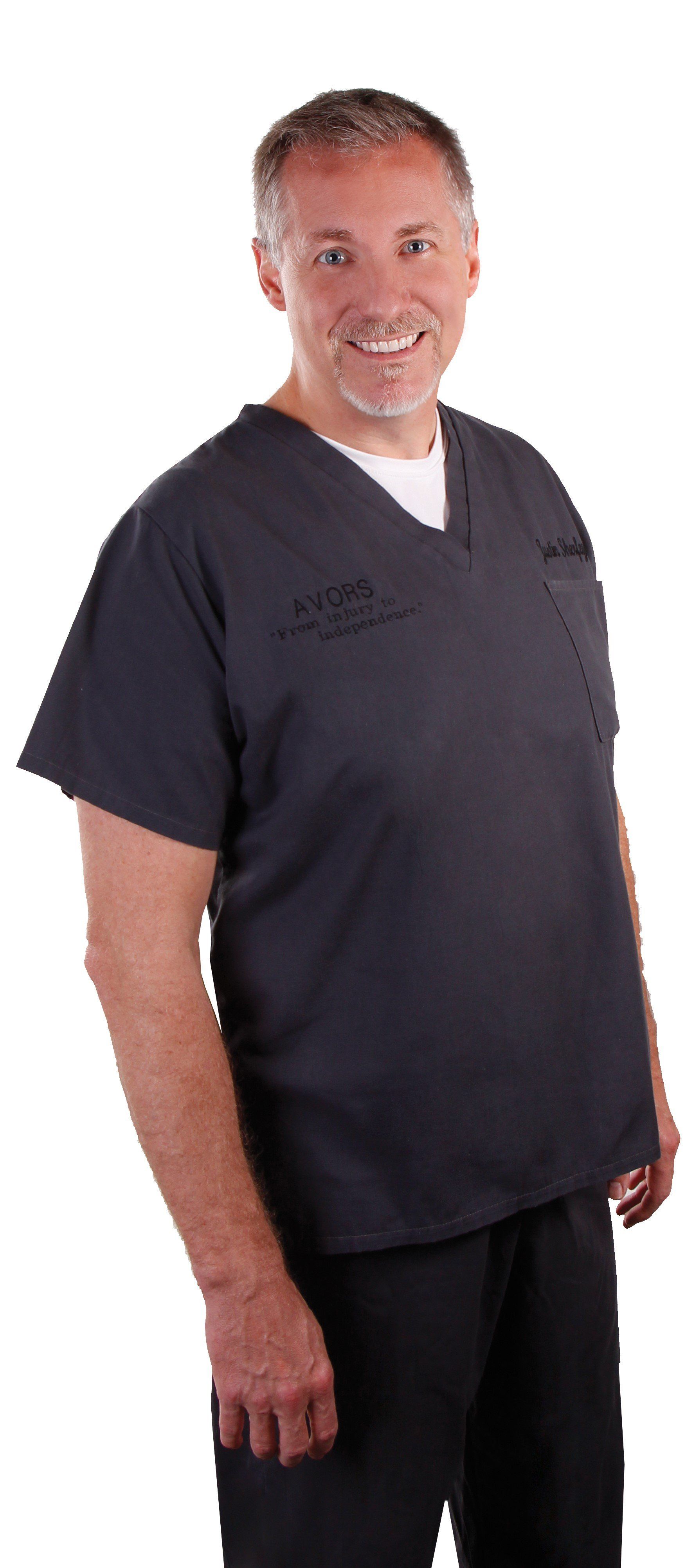
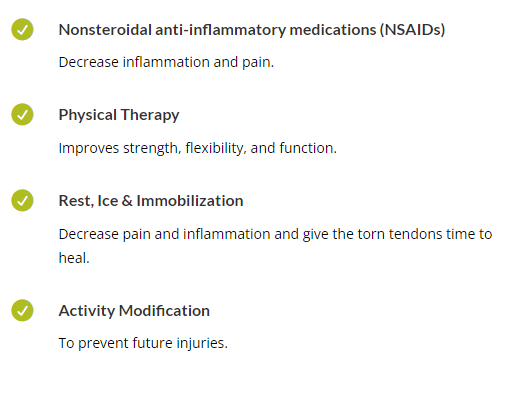
If you have ruptured rotator cuff muscles caused by ageing or trauma, AVORS Medical Group expert medical specialists like Dr. Justin Sherfey will evaluate the medical treatment you need and determine if torn muscle repair is required on your shoulder rotator cuff.
Dr. Justin Sherfey practices at 42135 10th St West, STE 101, Lancaster, CA 93534 or at 23838 Valencia Blvd. #260
Valencia, CA 91355.
Visit us on the web at www.avorsmedgroup.com
To learn more about what Dr. Justin Sherfey Fellowship in Adult Reconstruction and Joint Replacement Orthopedic Surgeon can do for you, click on the following link www.avorsmedgroup.com/Arthroscopic-Rotator-Cuff-Repair
Call us at 661-726-5005 to schedule a consultation!
AVORS Patient Testimonial
